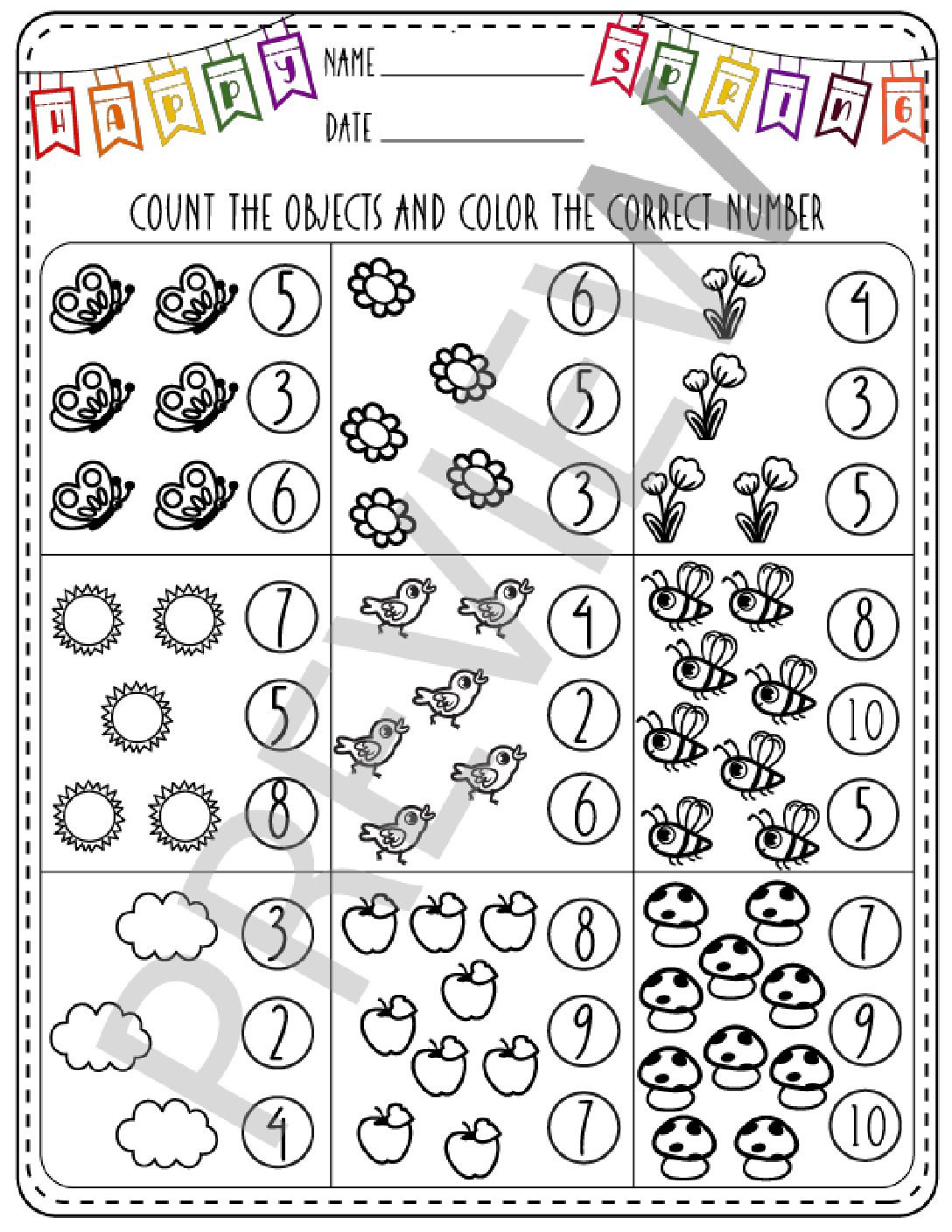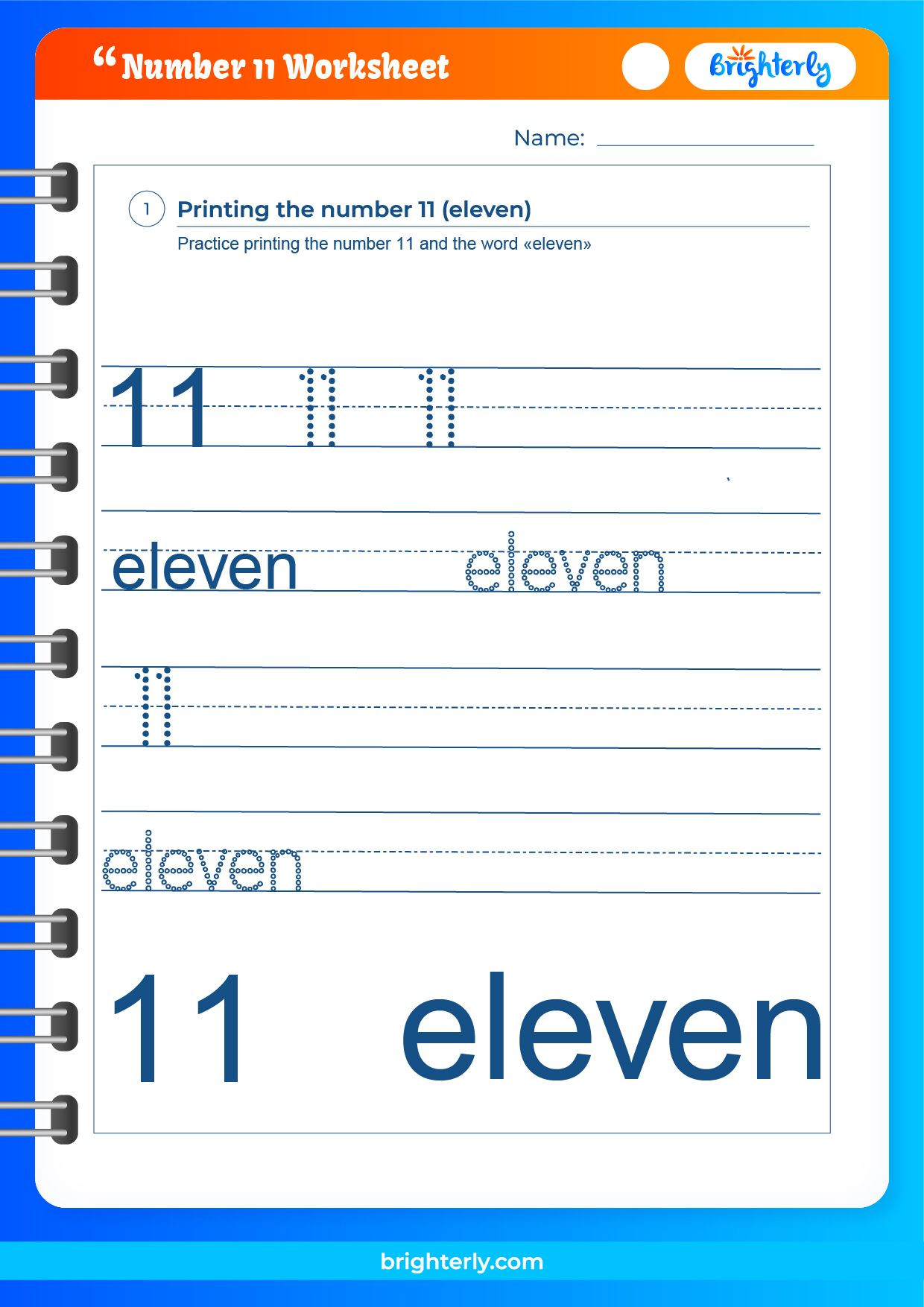Is early childhood education truly the cornerstone upon which a child's future is built? The evidence overwhelmingly suggests that quality preschool experiences significantly shape a child's cognitive, social, and emotional development, laying the groundwork for lifelong success.
The significance of preschool extends far beyond mere childcare; it is a carefully crafted environment where young minds begin to explore, discover, and interact with the world around them. As children transition from the comfort of their homes into structured learning settings, they embark on a journey of social and emotional growth, learning to navigate relationships, manage their emotions, and develop essential communication skills. Creative arts-infused lesson plans, designed by early childhood and arts educators, align with recognized standards, such as the Wisconsin Model Early Learning Standards, providing a nurturing environment that supports the development of children aged three to five.
The landscape of preschool options is diverse, each offering a unique approach to early childhood education. The Lycée Français, for instance, embraces a bilingual preschool program, welcoming children as young as two years old. Their Maternelle program, spanning the ages of three to four, places a strong emphasis on building essential social skills, fostering a sense of community and preparing children for their educational journey.
In Cedar City, SUU offers a preschool program specifically designed for children aged four to five, open to the public, including Cedar City residents, SUU staff and faculty, and students. These programs, whether they are open to the public or part of a larger educational system, aim to provide comprehensive early learning experiences that foster a love of learning and prepare children for their future academic endeavors.
The Preschool Inclusion Toolbox, Second Edition serves as a critical resource for early childhood educators, offering guidance on developing inclusive policies that accommodate children with diverse needs. It underscores the importance of creating environments where all children can thrive and feel a sense of belonging.
The National Institute for Early Education Research (NIEER) conducts extensive research to inform policies that support high-quality early education for all young children. Their State of Preschool Yearbook provides a valuable overview of preschool enrollment and funding across the United States, highlighting the ongoing efforts to expand access to preschool programs.
Research into preschool effectiveness has repeatedly affirmed the lasting benefits of these programs. Studies conducted in the 1960s and 1970s revealed long-lasting positive outcomes for children who participated in early learning programs, sparking significant investment in preschool initiatives. Recent evaluations, while sometimes presenting mixed results, often demonstrate substantial benefits when participants are compared to similar children who did not attend preschool. These findings emphasize the pivotal role of preschool in bolstering student success, creating a more level playing field and giving children the tools they need to succeed in kindergarten and beyond.
The state of Iowa offers a Statewide Voluntary Preschool Program for Four-Year-Old Children, providing an opportunity for all eligible children to attend quality preschool programs at no cost to their families. This initiative underscores the commitment to ensuring that every young child has a strong foundation for learning, setting the stage for future academic achievements and personal development.
The integration of arts into the preschool curriculum enhances the learning experience, especially at institutions such as the John Michael Kohler Arts Center in Sheboygan. These programs provide children with opportunities to engage with creative activities, fostering their imagination, critical thinking skills, and self-expression. Through carefully designed lesson plans that align with educational standards, preschools play a significant role in preparing young children for academic success and their future, while also fostering their personal and social development.
The following table presents the information related to the organizations providing preschool education:
| Organization | Location | Age Group | Program Focus | Key Features | Website (for reference) |
|---|---|---|---|---|---|
| John Michael Kohler Arts Center | Sheboygan | 3-5 years | Creative arts-infused preschool | Aligned with Wisconsin Model Early Learning Standards, creative early learning environment | John Michael Kohler Arts Center |
| Lycée Français | (Varies) | 2+ years (starts as early as age 2) | Bilingual preschool (Maternelle) | Focus on building essential social skills, foundational learning | Lycée Français |
| SUU Preschool | Cedar City | 4-5 years | General preschool program | Open to the public, SUU staff & faculty, and SUU students | SUU |
| Various (referenced in The Preschool Inclusion Toolbox) | (Varies) | Varies | Inclusive preschool programs | Focus on creating inclusive environments for all children, supports program-level policies | Brookes Publishing |
| Statewide Voluntary Preschool Program for Four-Year-Old Children (Iowa) | Iowa | 4 years | General Preschool | No-cost programs, focuses on building a strong foundation for learning | Iowa.gov |
| NIEER (National Institute for Early Education Research) | (Varies) | (Focus on Early Childhood Education) | Research and Policy related to Preschool | Conducts academic research to inform policy supporting high-quality, early education for all young children. | NIEER |



